When we learn to drive a car, it naturally becomes another one of our muscles. And in the process of learning to drive, we pick up some habits that may be good or bad for our car.
A car is as good as the person driving it. Some habits that we have probably ruin our car without us knowing it.
With that in mind, we’ve created a list of 10 habits you might have that ruin your car. Without any delay, jump down to the list below and find out which habits you probably have that ruin your car:
- Driving in lower gears:
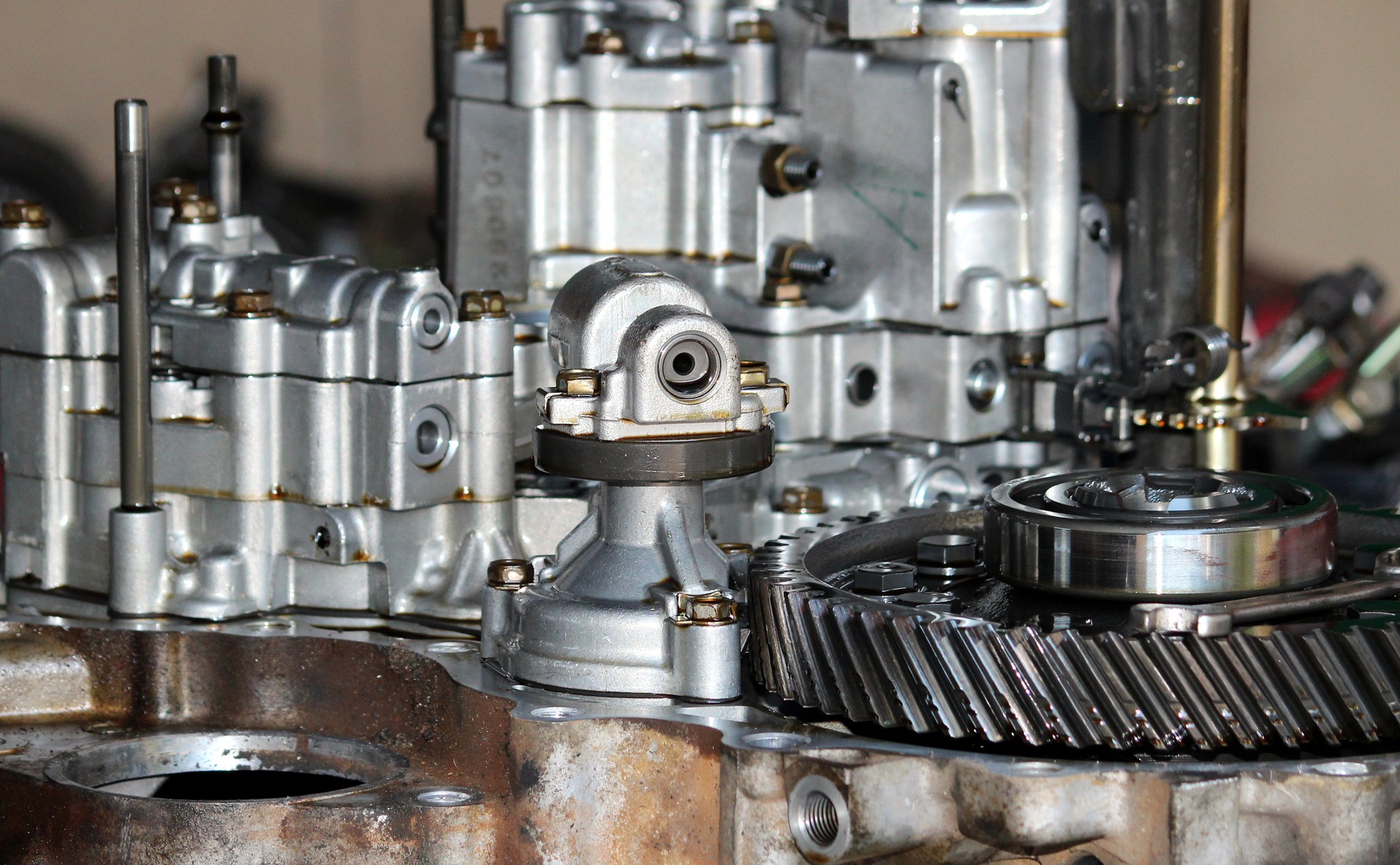
We all know that moving a car from a stationary position requires us to lower the gears to 1st. After that, we shift up and down according to the engine speed, vehicle speed, and other conditions.
Driving a car in lower gears can give you a boost in acceleration and engine speeds but doing so for longer periods of time will result in bad scenarios. Your car is more likely to overheat, and your engine, due to high RPMs is more likely to burn. You also put at risk your entire transmission system because of high friction in lower gears. It also results in reduced fuel economy.
If you have got this habit, you need to drop it as soon as you can, to protect your pocket from all those costly and hefty repairs.
- Driving in higher gears:
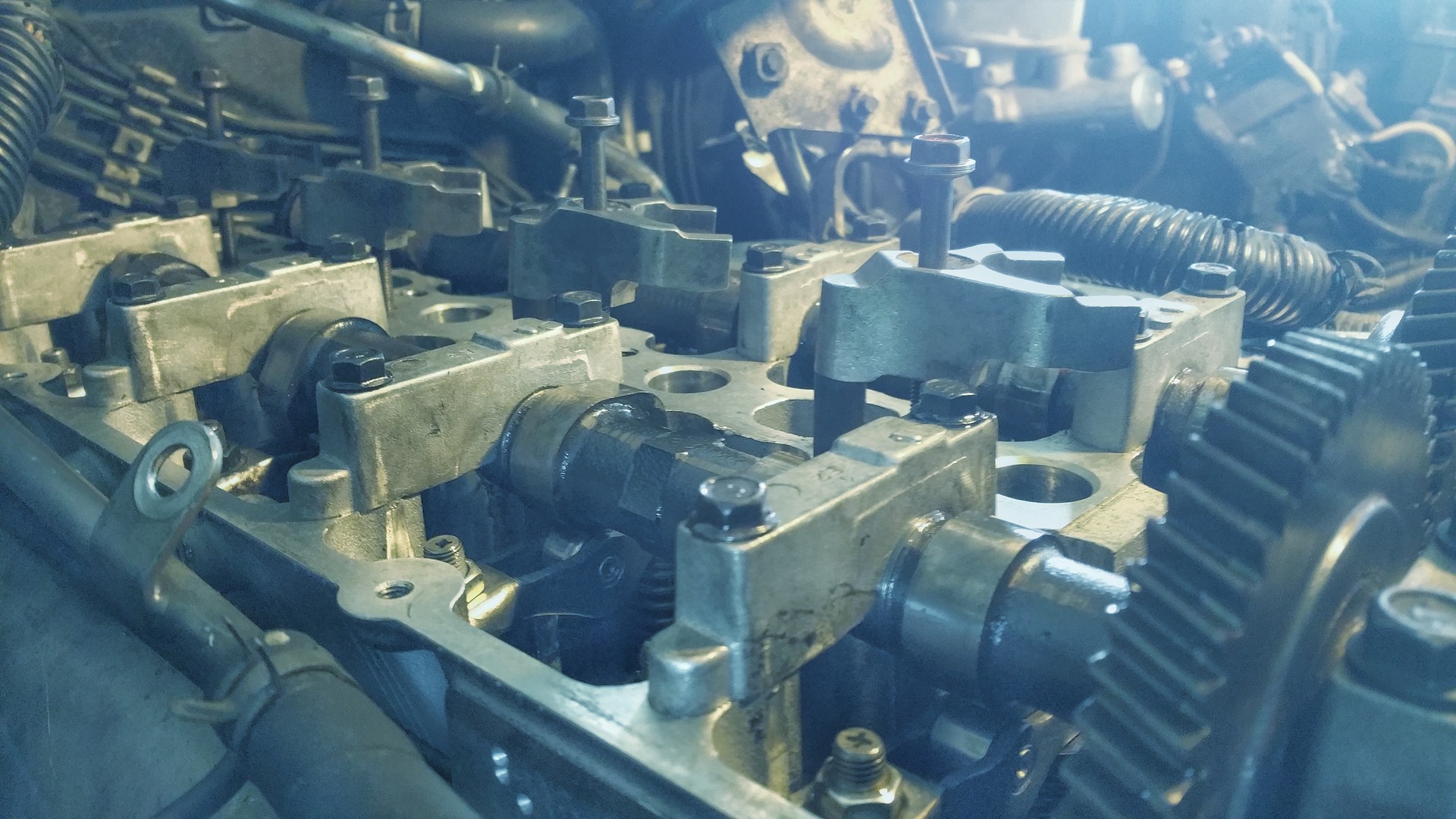
Driving a car in higher gears at low RPMs is as bad as driving a car in lower gears at high RPMs.
Higher gears are used at high speeds and when the engine doesn’t need to put out more power to move the vehicle. Using high gears (4th or 5th gear) at lower speeds may result in engine failure, spark plug fouling, transmission failure, engine breakage, and engine stalling. It also results in less fuel economy just as driving in lower gears.
You need to lose this habit for a smooth ride every time you drive and longer life span of your car.
- Holding your clutch partially while driving/Riding your clutch:
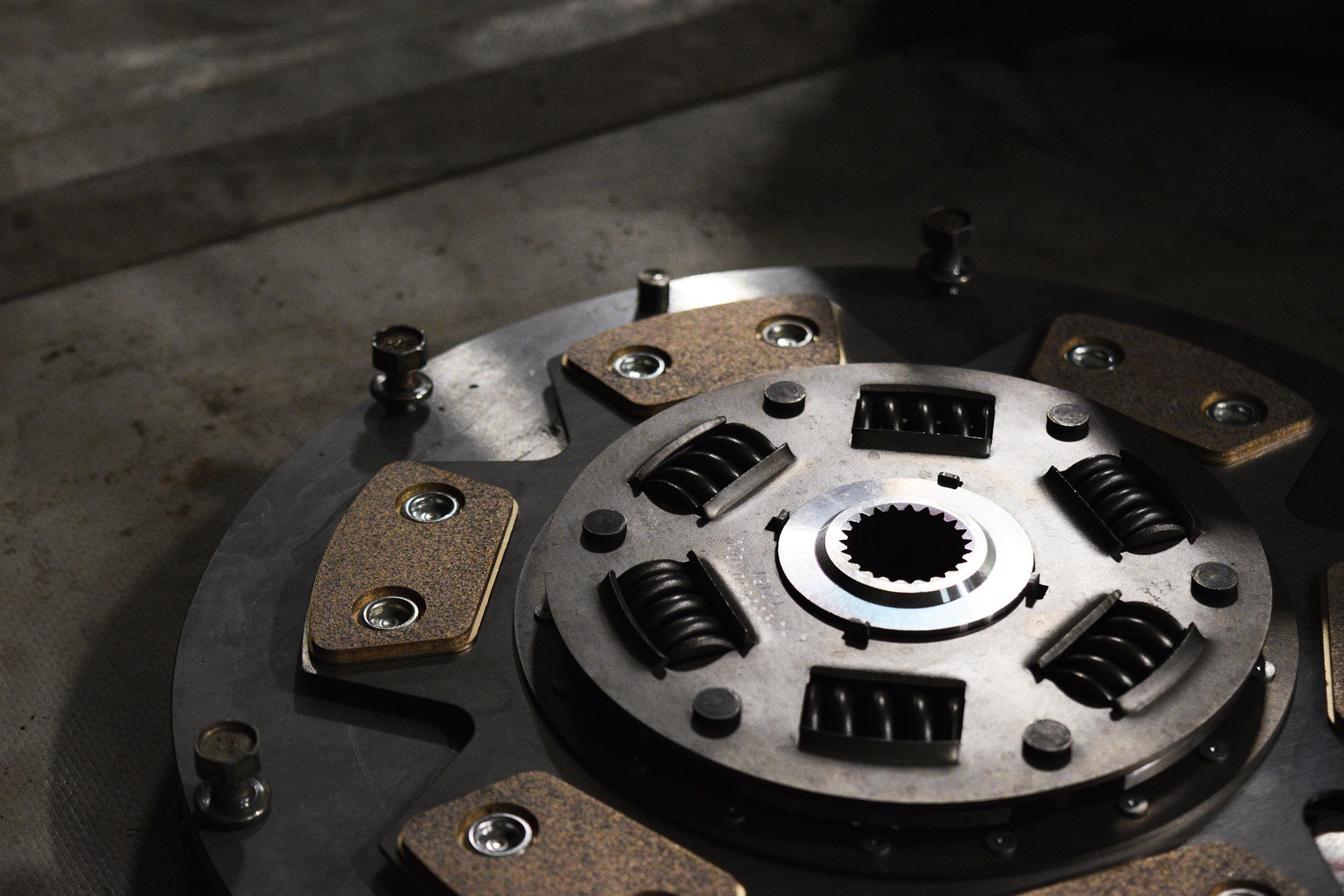
Holding the clutch or riding the clutch refers to keeping your clutch disengaged partially while driving to get more power or just resting your foot on the clutch pedal.
It is a habit that even long-time and experienced drivers have sometimes. This habit is considered one of the worst habits and it is bound to cost you tons of money in transmission and engine repairs.
Riding your clutch is common while driving in higher gears to get some extra power but what it actually does is partially engage pressure plate and disengage the clutch at the same time. That partial friction causes rapid wear and tear of friction, clutch and pressure plates. It can cause clutch failure, burn clutch plate and engine stall which will cost you huge amounts of money in repairs and most likely replacements.
- Rapid acceleration and hard braking:
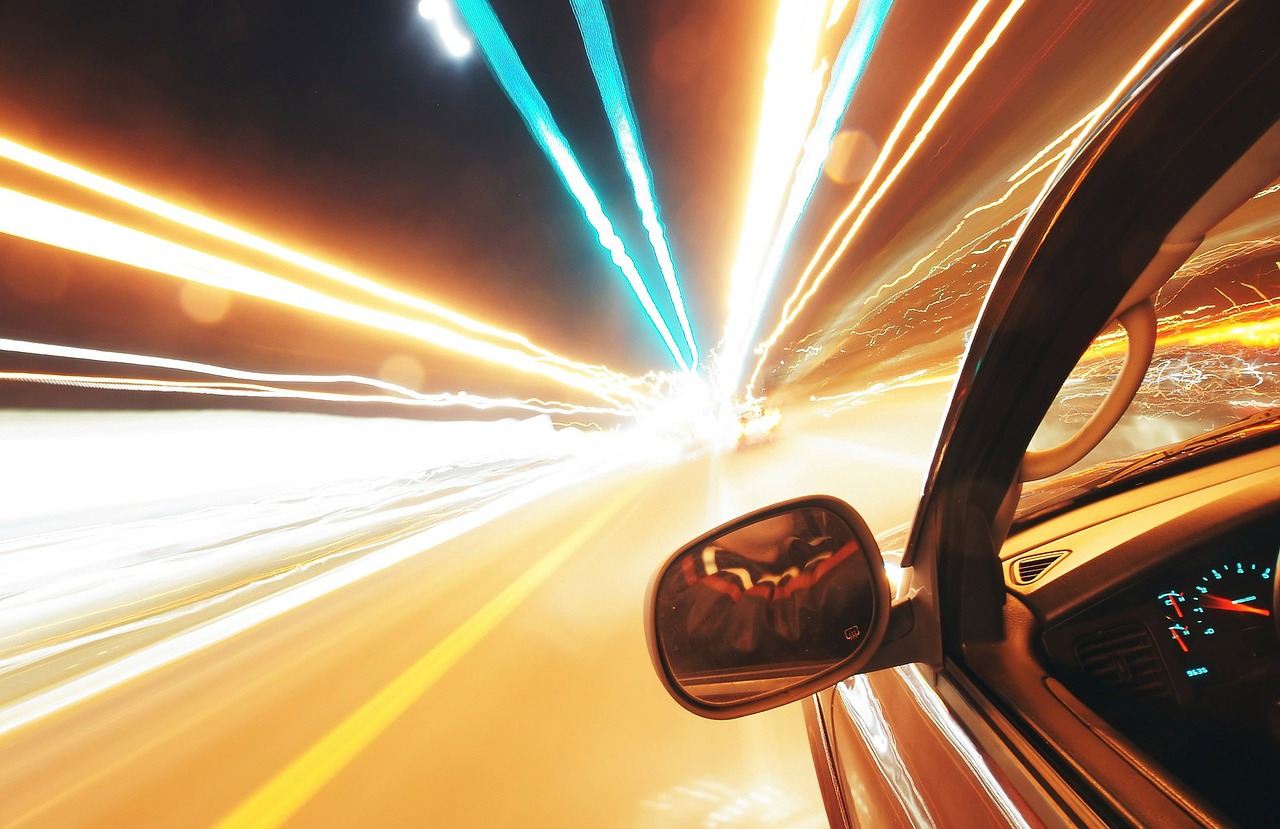
What is the best feeling while driving a car? It is listening to that engine roar with power. Everybody drives at high speeds at times but sudden acceleration and then hard braking is a thing that is there to ruin your car.
Driving down a street and accelerating rapidly, getting that speed going up and suddenly, you see a red light, you instinctively pump your brakes as hard as you can to get to a stop. It puts a lot of pressure on suspension, brakes, transmission and even the engine of your car. As your car was moving at a high speed, your engine was at high RPMs and your transmission was transferring that power to your wheels and hard braking forcibly makes them lose power which results in extra wear and tear of your car components.
- Not slowing down near potholes/speed-breakers:

Cruising nicely along the road, windows down, feeling the wind moving through your hair, loving the feeling and suddenly you see a pothole or a speed-breaker, what do you do? You can slow down, turn and drive around it or you can run over it without slowing down.
We all know slowing down is the best option, but why are the other two choices not so great. It is because:
- Our car suspension goes through a lot of abuse on a daily While running over a pothole or a speed-breaker without slowing down, your suspension suffers a lot of abrupt force to absorb and then its desperate try to keep your car stable. This results in untimely wear and tear of springs and shock absorbers. There is wheel alignment damage, suspension damage and sometimes wheel rim damage as well. Sooner or later it will cost you what you never had expected;
- And then again, you can swerve around that pothole but it puts you at risk of losing control or getting hit by an overtaking vehicle. It is also a choice but not as sensible as slowing down. There is the risk of suspension damage as well.
6. Revving a cold engine:
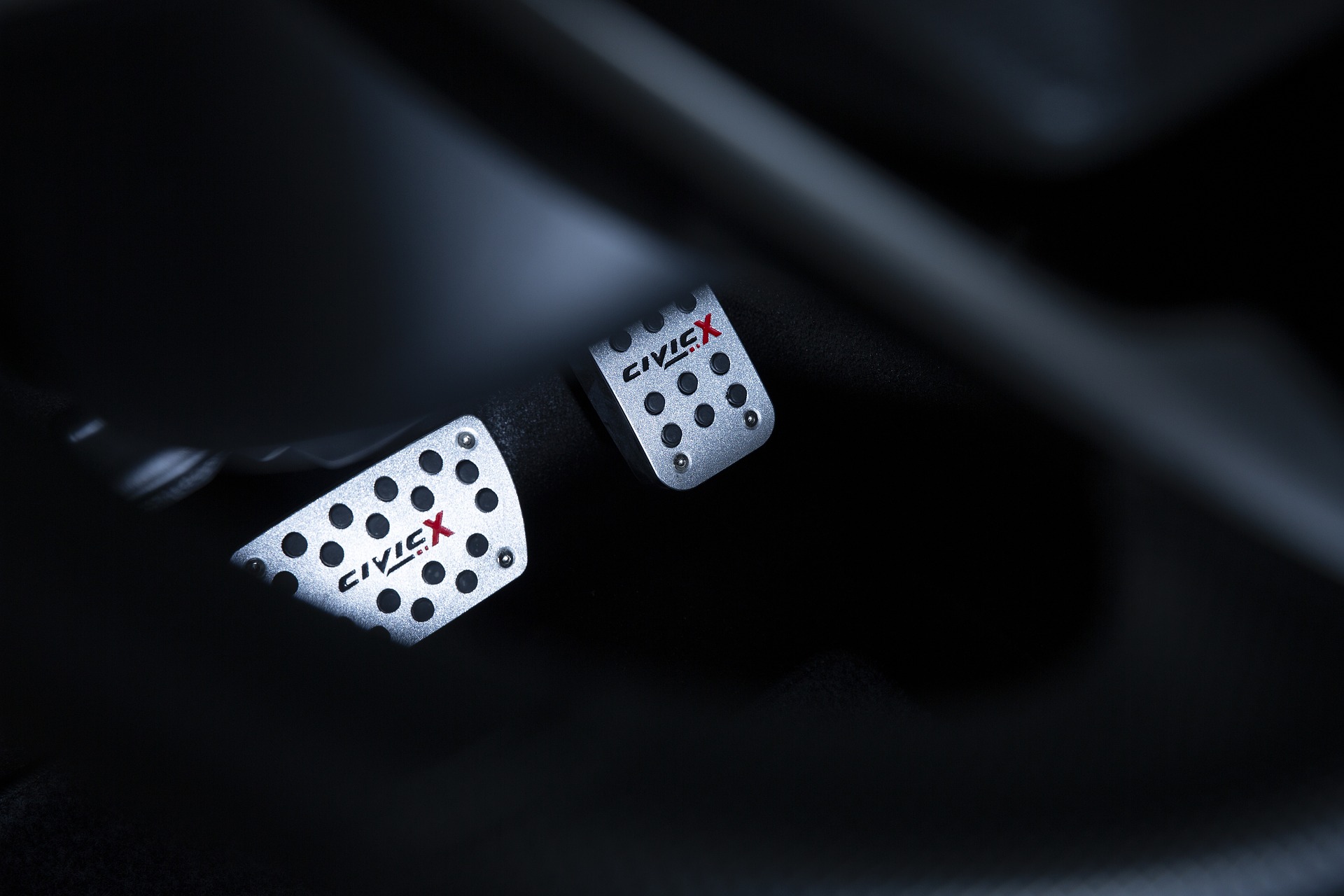
Hot engines run bad and so is the case with cold engines. Starting your car cold and then revving it without letting it warm up increases the wear and tear of your engine.
Engines, transmissions, brakes run efficiently at warm temperatures. Revving your engine cold produces more load, it is better to drive your car around or keep the engine idle for a few minutes and let it warm up before moving than revving it cold. This practice would reduce the wear and tear of your engine and would give it a longer lifespan.
- Resting your hand on gear stick/shifter:

While driving a car both your hands need to be on the steering wheel for better control and safety of you and your passengers.
Driving with one hand and resting your other hand on the shifter puts you at risk of losing control. Resting your hand on the shifter will put force down on the shifter rail which in turn, force the shift fork in the direction of the synchronizers and put pressure on them. This pressure on the shifter will result in the synchronizers to come in contact with the gears. This contact in case of pressure being applied through the gear lever can occur without the synchronizers getting engaged.
Then, the synchronizers and gear will continue to rub against each other, leading to premature wear on the gear teeth which will eventually cause gear slipping and losing power.
You would then need to pay a large chunk of cash for transmission/gearbox replacement. So, it is better to lose this habit now than losing your time, energy and cash for replacements.
- Not washing your car frequently, changing engine oil and properly inflating your tires frequently:

No one likes a dirty car. Washing your car frequently lessens the chance of ruining your car’s exterior and paint job. A dirty car likely will lose the glossy shine in its paint and is more prone to minor scratching than a clean car.
Keeping your tires inflated properly is the key to better performance, efficiency and fuel economy. Besides improperly inflated tires are more open to punctures than well-inflated tires.
Changing engine oil, coolant, brake fluid and transmission oil at appropriate times reduces wear and tear and keeps your car in a nice condition and safe to drive.
